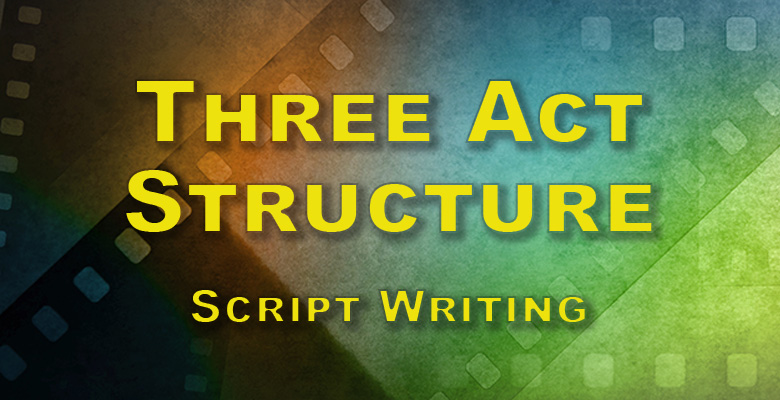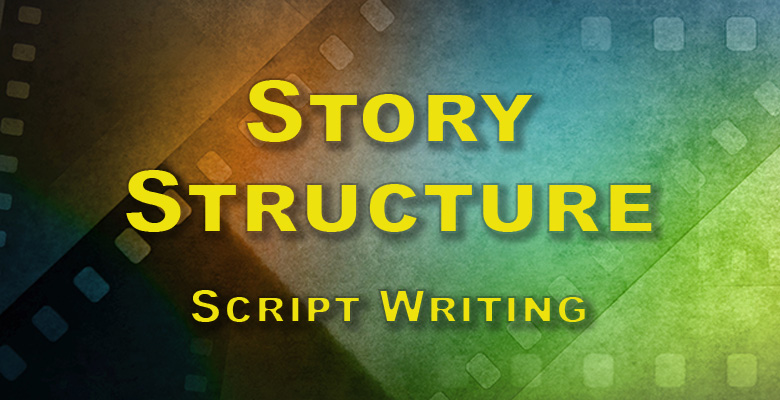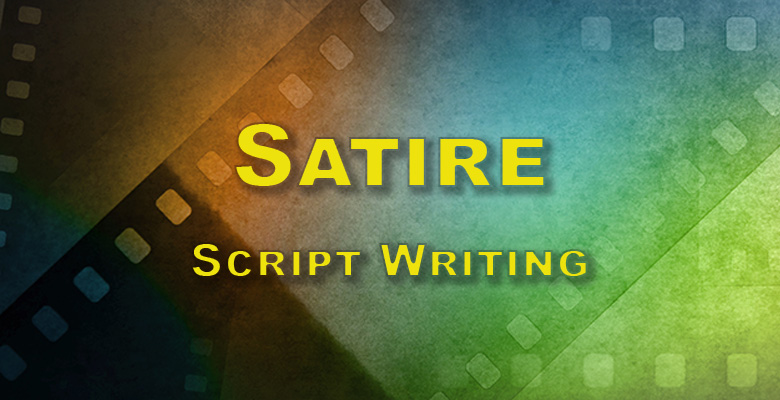Themes are central, underlying messages or concepts explored in a work of literature, film, art, or other media. They provide deeper layers of meaning, allowing audiences to connect with the narrative on a more profound level. Themes can be explicit or implicit, and they often address universal human experiences, emotions, and questions.
Key Points about Themes:
- Universality: While stories are often set in specific times, places, or cultures, themes tend to address universal human experiences, making the narrative relatable to broader audiences.
- Depth: Themes add depth and layers to stories. While the plot provides the surface narrative, the theme delves into deeper philosophical or moral questions.
- Variability: A single story can explore multiple themes. Conversely, a single theme can be explored in various ways across different stories.
- Interpretation: Themes are often open to interpretation. Different readers or viewers might identify different themes in the same work based on their perspectives and experiences.
Common Themes in Literature and Film:
- Love: The nature of love, its challenges, its joys, and its transformative power.
- Mortality/Death: The inevitability of death, the fear of the unknown, and the value of life.
- Identity: The quest for self-discovery, understanding one’s place in the world, or grappling with personal or cultural identity.
- Freedom vs. Confinement: The struggle for freedom, whether physical, emotional, or intellectual, and the consequences of confinement or oppression.
- Man vs. Nature: The conflict between humans and the natural world or the struggle for survival.
- Good vs. Evil: The moral complexities of human nature and the battle between right and wrong.
- War and Peace: The horrors of war, the quest for peace, or the personal and societal effects of conflict.
- Innocence and Experience: The loss of innocence, the transition from childhood to adulthood, or the wisdom (or pain) that comes with experience.
- Isolation and Connection: The human need for connection and the consequences of isolation or alienation.
- Society and Individualism: The tension between societal expectations and individual desires or the critique of societal norms.
Identifying Themes:
- Repetition: If an idea or concept keeps appearing in the story, it’s likely a central theme.
- Conflict and Resolution: Understanding the primary conflicts in a story and how they’re resolved can hint at its themes.
- Character Evolution: Analyzing the growth or transformation of main characters can reveal thematic elements.
- Title and Symbolism: Sometimes, the title of the work or recurring symbols within it can offer clues to its themes.
- Dialogue: Often, characters will discuss or debate topics that touch on the story’s themes.
Using Themes in Storytelling:
- Subtlety: While themes are essential, they should typically be woven into the narrative subtly, allowing the audience to discover and interpret them.
- Character and Plot Integration: Themes should emerge naturally from characters’ actions, decisions, and growth, as well as the plot’s progression.
- Avoiding Preachiness: It’s essential to explore themes without being overly didactic. Offering questions without clear answers can engage the audience more deeply.
Themes are the soul of a narrative, providing depth and resonance. They allow stories to transcend their specific settings or characters and touch on universal human experiences and truths.





